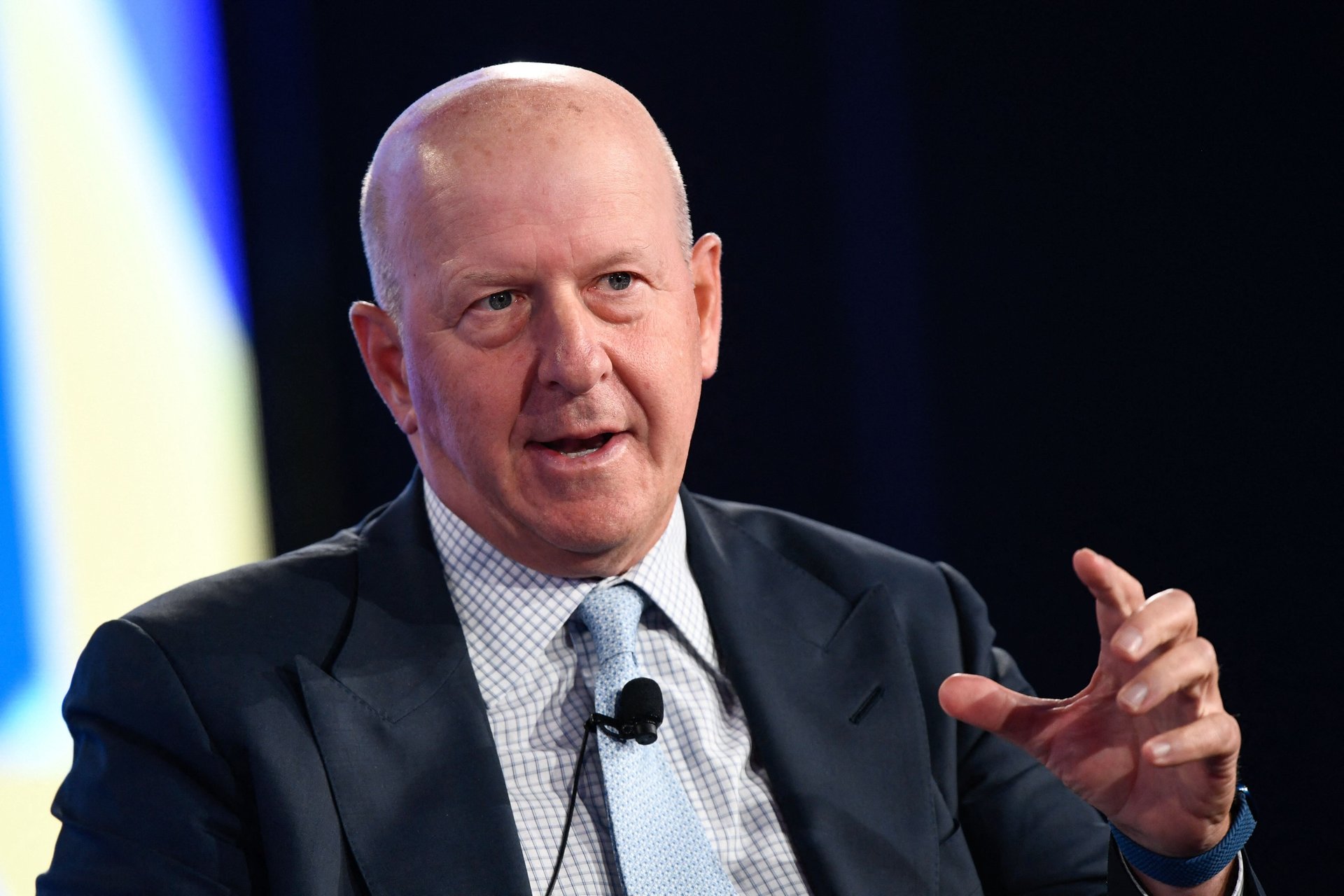Goldman Sachs is taking a $400 million hit from its failed consumer business
Trading revenue is also down about 10% for the third quarter, CEO David Solomon said

Goldman Sachs (GS) is set to take a $400 million pre-tax hit in the third quarter tied to its sunsetting consumer business, the investment bank’s chief David Solomon said at a conference Monday.
Suggested Reading
That knock to revenues comes from the unwinding of its General Motors (GM) (GM) card platform, and the sale of real estate loans known as seller financing loans, Solomon said.
Related Content
Goldman is in talks to hand over its GM credit card business, with roughly $2 billion in card balances, to Barclays (BCS), The Wall Street Journal (NWS) reported in April.
For the past two years, Solomon has been steering Goldman away from its consumer banking endeavors. This includes the sale of financial technology firm GreenSky to investor group Sixth Street, and rumors that the investment bank is also looking for an exit from its credit card deal with Apple (AAPL).
The bank’s foray into consumer banking has been costly. The unwinding of its Main Street businesses has lost the firm millions in recent quarters — but the maintenance of those same products has also proven to be a money pit.
In January 2023, Goldman disclosed that it lost more than $3 billion over the course of three years on its platform solutions business that homed its consumer sector, including transaction banking, credit card, and fintech.
On top of the hit from its consumer division, Solomon said Monday that total trading revenue is down 10% year-on-year in the third quarter, coming off a strong performance in the year-ago period.
“Given this quarter, given what I’d say is a more challenging macro environment, particularly in the month of August, that business is trending down close to 10% largely due to FICC,” Solomon said.
The FICC division at Goldman provides clients with market insights, intermediation, risk management, and financing and execution for fixed income assets, like bonds and currencies.
Solomon partially attributed the dip to the market disruption in August, which sent global stocks tumbling and caused widespread panic among investors, and overall muted activity levels.
“It’s not at the same pace as the first quarter last year, but there’s still a few weeks left,” he said. “So, this can continue to evolve.”
